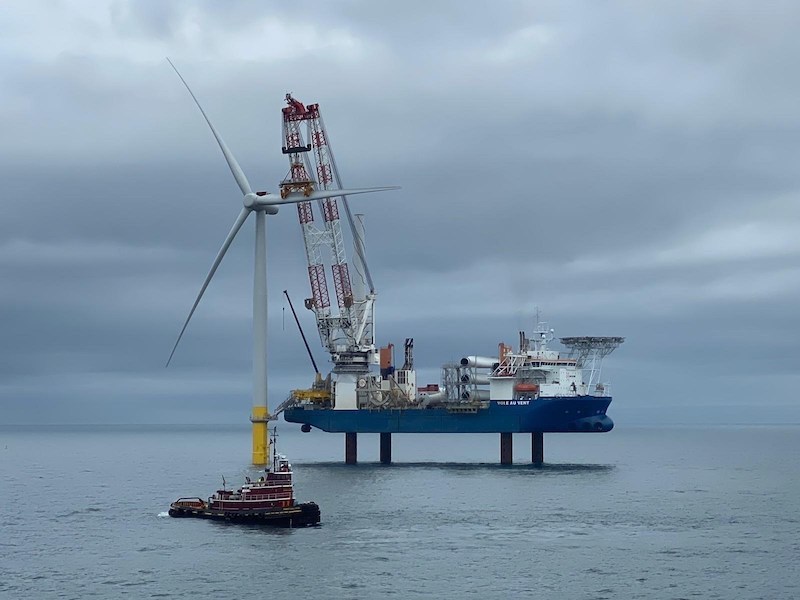The Biden administration takes over on Jan. 20, and when it does, it’s expected that offshore wind energy’s prospects in the U.S. will improve greatly.
As Kirk Moore writes in the January issue of WorkBoat, offshore wind occupied a curious position in the Trump administration — often mocked and belittled by the president in public even as his own former Interior Secretary Ryan Zinke and the Bureau of Ocean Energy Management (BOEM) forged ahead enabling plans for 15 East Coast offshore projects and studying prospects off California.
But in the new administration, expect to see more of 2010, when then-Interior Secretary Ken Salazar predicted offshore wind would become a major U.S. energy source. Also, expect Biden to revive the Obama administration’s “all of the above” energy strategy.
This could prove to be a nice boost for the offshore service sector, which has been getting crushed in recent years.
Though Gulf of Mexico OSV operators and the Offshore Marine Service Association were late to the offshore wind party, they are now fully engaged. Recently, OMSA and offshore operators successfully lobbied Congress to pass several pieces of legislation to reaffirm that the 1953 Outer Continental Shelf Lands Act — which governs oil and gas production in U.S. waters and favors using U.S. vessels and labor — must likewise cover the renewable energy sector. It will provide parity between offshore oil and gas projects and offshore wind projects, said OMSA president Aaron Smith.
The Gulf offshore industry is a deep pool of talent for the developing wind industry. The first U.S. commercial offshore wind project, the Block Island Wind Farm off Rhode Island, was built in 2016 with help from Louisiana liftboat operators Aries Marine Corp. and Falcon Global LLC, and with foundation jackets and pilings supplied by Gulf Island Fabrication.
And while the incoming Biden administration is expected to dramatically scale back oil and gas permitting, it will likely face pressure to sustain oil development in the deepwater U.S. Gulf. Under the all of the above scenario, this, too, could help boost the beleaguered OSV industry.




